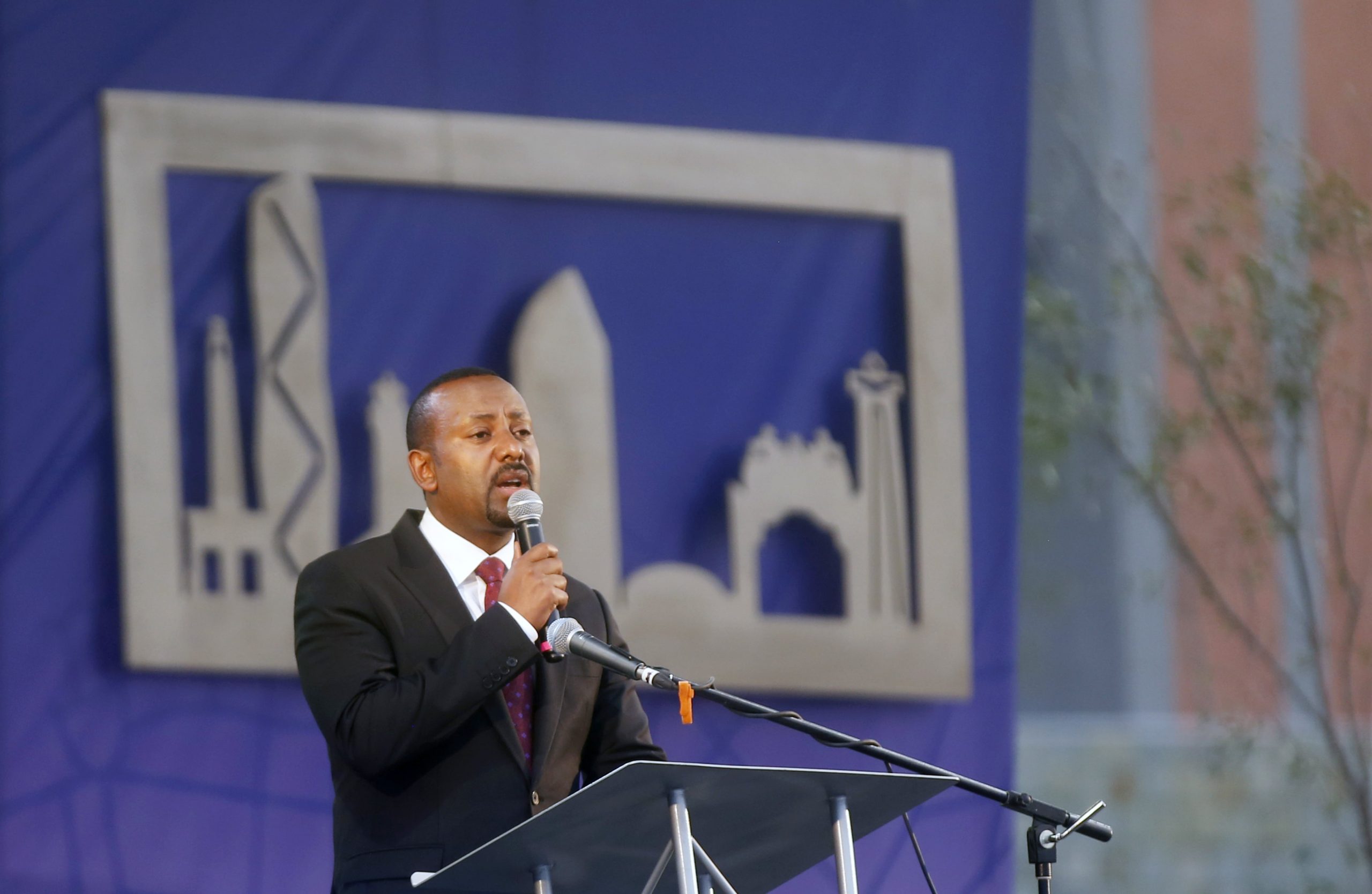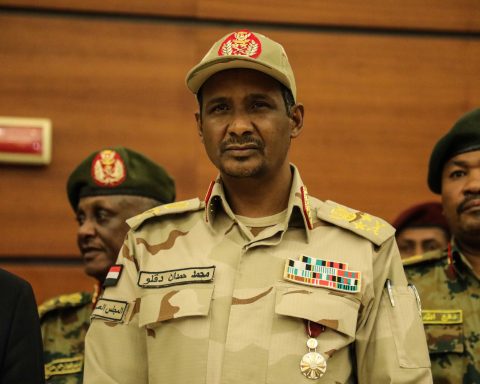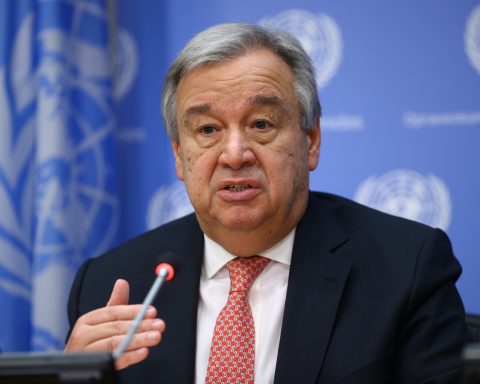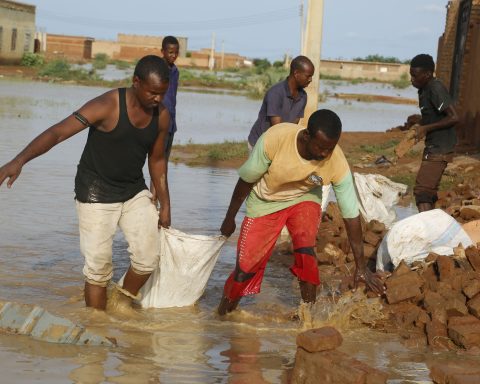It has been reported that militias in the Amhara region of Ethiopia have been carrying out attacks on Sudanese farmers, especially since April 2020, after the border policy with Ethiopia changed with the end of the Omar al-Bashir rule in Sudan. In this context, it is stated that 20 thousand acres of land was liberated from Ethiopian forces with the operations carried out by the Sudanese Armed Forces and local forces.
In this regard, Ethiopian Prime Minister Abiy Ahmed Ali said in an interview with Ethiopian television, “Neither Sudan nor any country can illegally occupy a part of Ethiopian territory without an answer, and both Sudanese and we know this.” Ethiopia does not recognize the agreements of 1902 and 1907 as these agreements were signed during the colonial period and claims the Al-Fashaga region belongs to Ethiopia.
Although the emergence of the border problem between Sudan and Ethiopia dates back to decades ago, effective negotiations cannot be conducted between the two countries due to the disagreement over the filling process of the Great Ethiopian Renaissance Dam (GERD). When tens of thousands of refugees from the Tigray community fled to the Sudanese border due to the Tigray crisis in Ethiopia, these developments fed regional interactions and increased the dangers of conflict.
The debates about whether the region belongs to Ethiopia or Sudan revolve around the perception of the British colonial rule agreements in 1902 and 1907. However, the emergence and development of the crisis truly began after Ethiopia held Sudan responsible for the failed assassination attempt against former Egyptian President Hosni Mubarak in Addis Ababa in 1995 and allowed its farmers to cultivate the land in the al-Fashaga region.
Since then, Ethiopian farmers have settled in the area, cultivated the land and paid taxes to the Ethiopian authorities. In this regard, in an interview with Anadolu Agency, Sudanese farmers living in the region say the following: “We gave permission to our Ethiopian brothers to cultivate this land together and became relatives, but they claim these lands as their own and they are expelling us from there.”
The crisis has been prevented from escalating through bilateral negotiations in this region, where violence or conflict has been experienced from time to time over the years; however, at the point reached today, the management change in Sudan, the floods in Sudan during the rainy season after Ethiopia completed the first filling phase of the GERD project, the December 2020 ambush of Sudanese troops, and the rapprochement between Sudan and Egypt are the background elements that triggered the escalation of the border tension. As a matter of fact, it can be said that these developments may polarize the parties in the regional GERD problem and trigger the escalation of the crisis.
Thus, Abiy Ahmed, who has faced international pressure due to the military action and genocide allegations initiated by the Ethiopian army in the Tigray region, emphasizes that the border problem between Ethiopia and Sudan can be resolved through dialogue and consultations and that no other way is unthinkable. However, Abiy Ahmed also states that if Sudan continues to resort to illegal means, the door will be open to all roads for Ethiopia. In this context, Abiy Ahmed emphasized the example of Eritrea and said that Ethiopia tried to solve the border problem with Eritrea in the past, and won the war, and also everyone knows what happened as a result of the court decision. Therefore, Abiy Ahmed states that both countries will suffer in case of war.
In conclusion, it should be emphasized that there cannot be a total conflict between Sudan and Ethiopia, but that tensions will negatively affect the region for a while. It can be said that the background of this claim is the domestic and regional developments in Ethiopia and Sudan. From the Ethiopian side, it can be said that in addition to the Tigray crisis, it is facing internal turmoil including Benishangul-Gumuz and Oromia regions and that these internal vulnerabilities may have a limiting effect on Ethiopia, including the general election process that started on June 21. On the other hand, from the Sudanese side, it is known that after 30 years of administration, intense efforts are made to solve the country’s internal problems in the political, military and economic fields.














